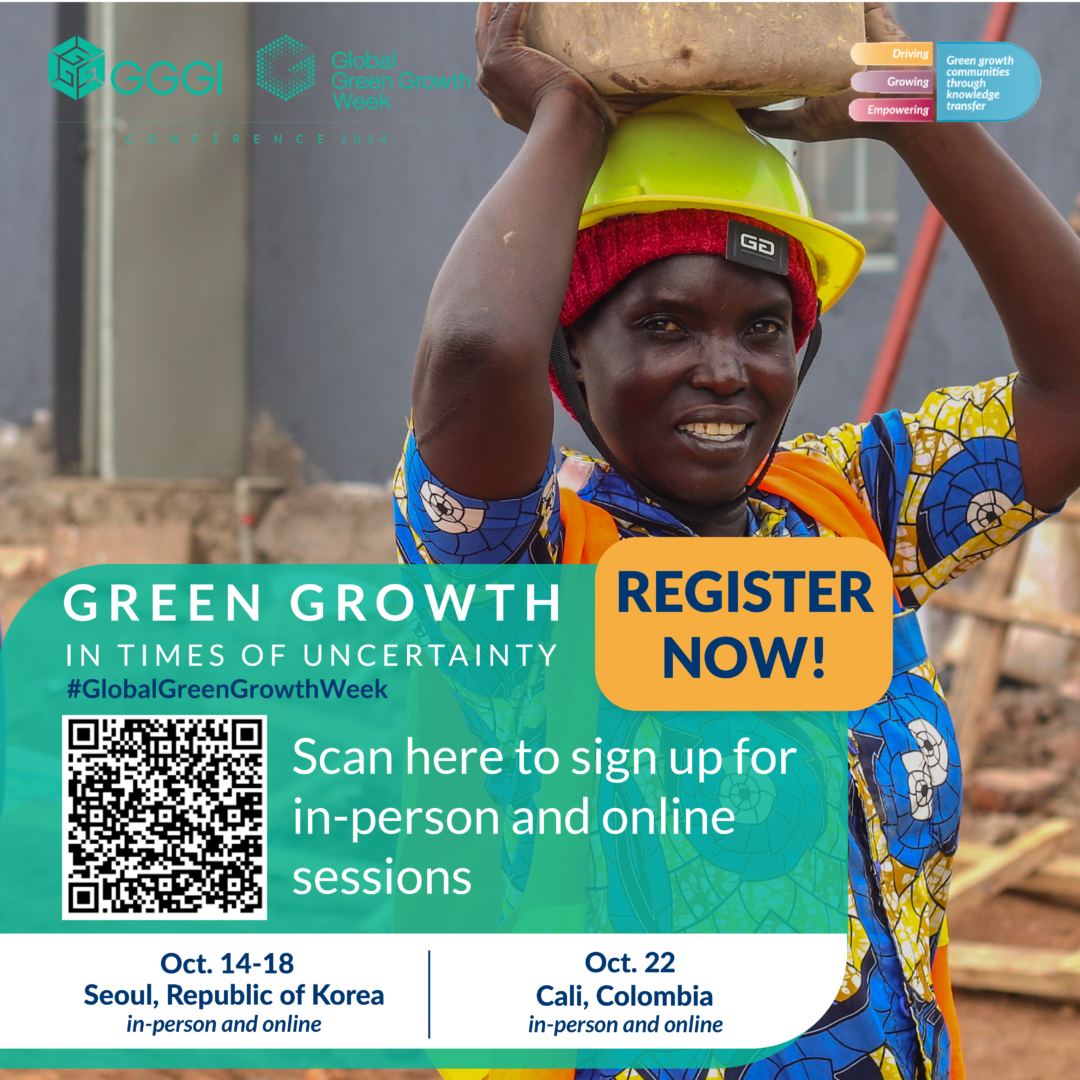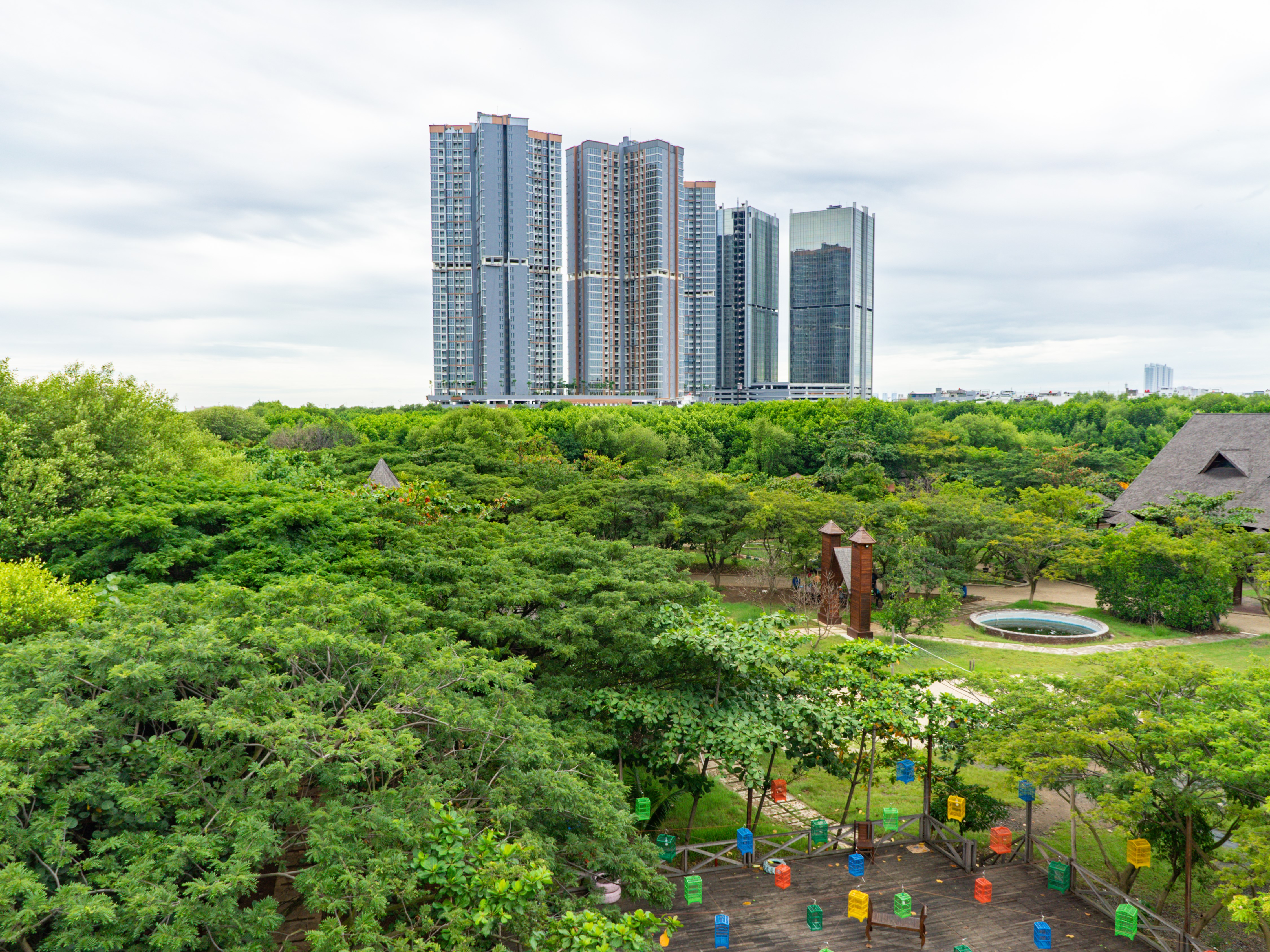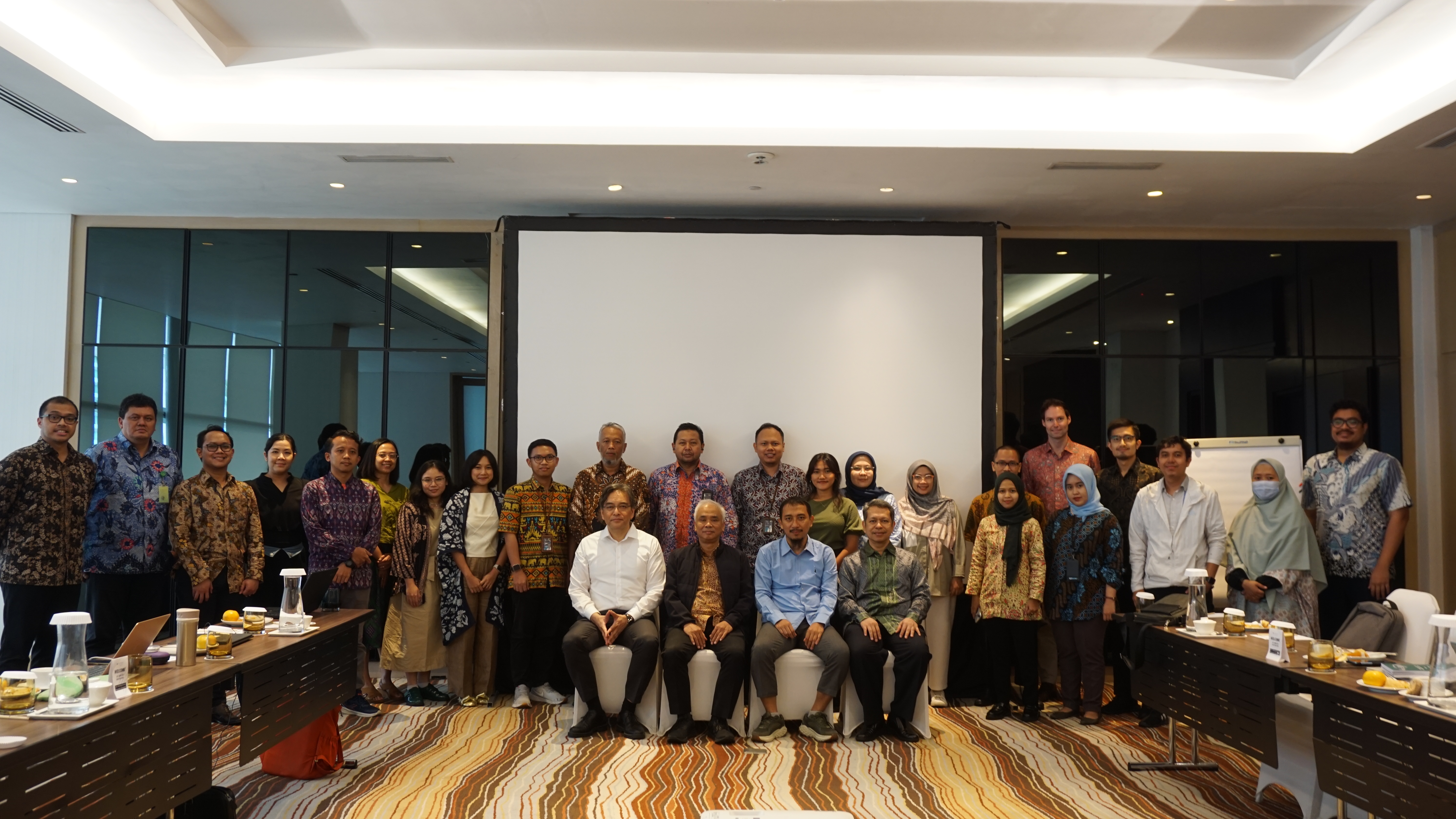Mainstreaming Gender Perspective in Climate Change Programs
Gender and climate change have been the main issues in development, but the mention of both issues at the same place and at the same time is still uncommon.
While the Government of Indonesia has put efforts to address these issues, their integration has not been progressing well as the entities responsible for the issues rarely collaborate with each other. Mainstreaming the gender perspective in climate change policy will increase the effectiveness of policy implementation and bring positive impact to the people affected or potentially affected by climate change, including women and vulnerable groups.
The Fiscal Policy Agency (FPA) as Indonesia’s National Designated Authority for the Green Climate Fund (GCF-NDA) and the Ministry of Women Empowerment and Child Protection (MoWECP) took the initiative to collaborate in a workshop on Climate Change Program with Gender Perspective. The workshop was held on April 15-16, 2019 at Hotel Santika, Bogor, to strengthen program executors’ capacity on mainstreaming gender into climate change policies/programs. This workshop, supported by GGGI and UNDP, was attended by 54 echelon III and IV officials from MoWECP and related ministries/agencies.
In his opening remarks, Dudi Rulliadi of FPA emphasized the importance to understand the benefit of mainstreaming gender principles into climate change policy making. He highlighted how gender perspective is one of the central issues in climate change policies, including climate financing scheme such as Green Climate Fund (GCF). Deputy of Gender Equality of MoWECP, Agustina Erni, in her keynote speech highlighted the need to develop gender-responsive climate change national policies in the effort to combat climate change impacts. Moreover, she also encouraged strong coordination between climate change working groups and gender working groups in each ministry to speed up the impact of related policies.
The workshop used active and innovative participation method to encourage ideas and opinions flowing from all participants. From the group discussions, the participants revealed that integrating gender in climate change mitigation and adaptation activities is essential as women and men experience different impact of changes. These differences need to be addressed in policy making, such as in making evacuation route in coastal area. Some recommendations were also developed, both at policy and program levels. At policy level, coordination between related ministries and institutions, gender-responsive planning and budgeting in climate change policies, gender-responsive policy implementation, and socialization for gender-responsive climate change policies are identified as important innovations to be implemented. Meanwhile, at program level, MoWECP will start a technical assistance series on gender-responsive planning and budgeting on climate change programs in Maros, South Sulawesi. In general, all participants also agreed that socialization of gender-responsive climate change issues is important at all levels of the government. The workshop also highlighted the urgency to mainstream gender policy to the new Public Services Agency on Environmental Management .
The workshop concluded with participants’ commitment to begin integrating gender issues in the formulation of climate change policies as well as regularly coordinating with one another, such as integrate gender perspective into “Sekolah Lapang Iklim” (Field School on Climate) curriculum, as well as inviting female farmers or starting green office initiative in their respective offices.




